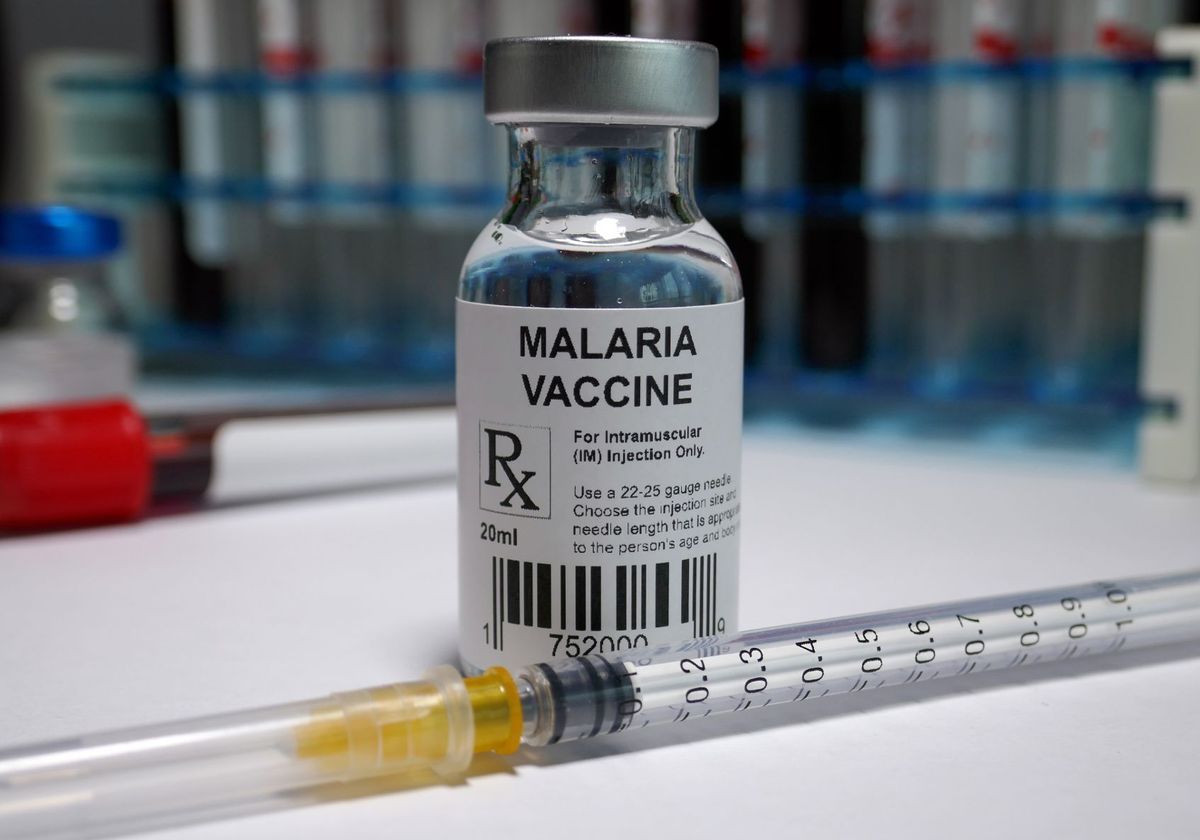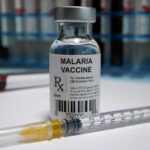Today, April 25, Nigeria joins the rest of the world in observing the World Malaria Day, designated by the United Nations as the day for the entire world to focus attention on the mosquito-borne infectious disease.
Malaria led to 619,000 deaths, out of the 247,000,000 cases in 2021, and of these deaths, 77 per cent were children under 5 years of age. Out of the 257,000 new cases, 95% of them are in Africa.
According to the World Malaria Report 2022, Nigeria recorded 31 per cent of the 619,000 deaths documented globally and Africa recorded a total of 599,000 deaths within the period. Nigeria loses over $1.1 billion (N645.7 million) yearly to prevention and treatment of the disease as well as other costs). Experts say malaria killed no fewer than 200,000 Nigerians and afflicted 61 million others in 2022.
Four African countries accounted for over half of all malaria deaths worldwide: Nigeria (31.3%), the Democratic Republic of the Congo (12.6%), United Republic of Tanzania (4.1%) and Niger Republic (3.9%), according to a World Health Organisation report. The report notes that between 2019 and 2021, there were 63,000 deaths that were due to disruptions to essential malaria services during the COVID-19 pandemic. In addition, the report disclosed that the total malaria cases on the continent reached 247 million in 2021, compared to 245 million in 2020 and 232 million in 2019.
Aruna, Assar renew African table tennis rivalry in Nairobi next week
Sudan: No to evacuating Africans
This year’s World Malaria Day, will be marked under the theme “Time to Deliver Zero Malaria.”.
The theme is most appropriate, especially coming at a time when Nigeria also approved the R21 malaria vaccine manufactured by the Serum Institute of India.
The National Agency for Food and Drug Administration and Control (NAFDAC) announced the registration approval for R21 Malaria Vaccine (Recombinant, Adjuvanted). This makes Nigeria the second nation, after Ghana, to approve the new malaria vaccine developed by the University of Oxford scientists.
The vaccine is indicated for the prevention of clinical malaria in children from five months to 36 months of age.
NAFDAC Director-General, Prof. Mojisola Adeyeye, told journalists in Abuja that the agency received the dossier of the R21 Malaria vaccine, manufactured by the Serum Institute of India Pvt Ltd (SSPL) and subjected it to independent review at two levels.
They are the external advisory body – NAFDAC’s Vaccine Advisory Committee (NEVAC) made up of Nigeria’s tertiary institutions (Nnamdi Azikiwe University, Awka, Anambra State; University of Lagos, Lagos State, University of Ibadan, Oyo State and Usmanu Dan Fodio University, Sokoto, Sokoto State) and the in-house NAFDAC’s Vaccine Review Committee, a multi-disciplinary group extracted from different NAFDAC directorates.
She said: “The R21 Malaria vaccine is an adjuvanted protein vaccine presented as a sterile solution. A dose which is 0.5ml composed of R21 Malaria antigen 5µg and Matrix-M1 50µg as an adjuvant filled in a vial as ready-to-use liquid formulation for intramuscular injection. The Marketing Authorization Holders (MAHs) is Fidson Healthcare Ltd in line with the agency’s Drug and Related Products Registration Regulation 2021.”
Adeyeye said NAFDAC had several pathways for the registration of vaccines in line with its guideline for registration of imported drugs, vaccines and IVDs under collaborative registration procedure, or the agency’s guideline for registration of imported drug and vaccines.
The R21 Malaria vaccine was reviewed using the latter, which involves full review of product dossiers, she added. She also said overall, the R21 Malaria vaccine dossier complied substantially with the best international standards with which the dossier was bench-marked.
This is indeed a welcome development and a huge relief, especially when viewed against the havoc malaria causes in Nigeria. With this development, mortality rate among children will be substantially reduced. Though the vaccine is not 100% effective, it is clinically effective and safe as it will reduce clinical cases of malaria by 30 per cent and severe cases of malaria by 50 per cent. We, however, call for a robust enlightenment campaign so that all stakeholders will accept the vaccine and be fully involved in the malaria eradication process on the continent and at individual country levels.
First of all, we had hoped that because malaria is a scourge that mainly ravages Africa, leaders on the continent would take the lead in finding a solution to this menace. Sadly, that has not happened. So, we at Daily Trust welcome this intervention and urge African governments to collectively or individually take ownership of the vaccines and commit funds to its production so that indeed every child within that age bracket can have access to it.
Our experience with the COVID-19 vaccine should not be quickly forgotten, where developed nations bought almost all the vaccines and left many poorer nations at their mercy.
Therefore, government at all levels in Nigeria must take this vaccine seriously and engage traditional and religious leaders in the enlightenment campaigns so that we do not experience any case of vaccine hesitancy.
The Nigerian government should also engage research institutes, scientists and pharmacists with a view to producing the vaccine locally such that we can have enough for our growing population. They should also consider finding a vaccine for the country’s adult population as well. It is indeed time to eradicate malaria and it is possible to do.

 Join Daily Trust WhatsApp Community For Quick Access To News and Happenings Around You.
Join Daily Trust WhatsApp Community For Quick Access To News and Happenings Around You.

